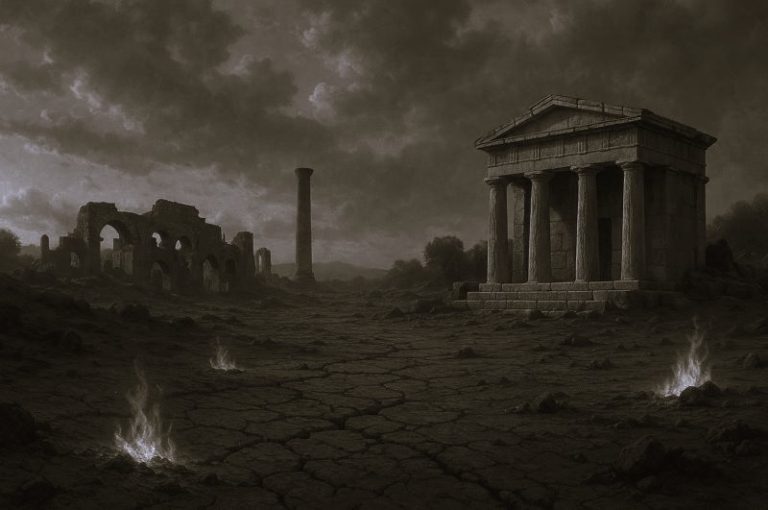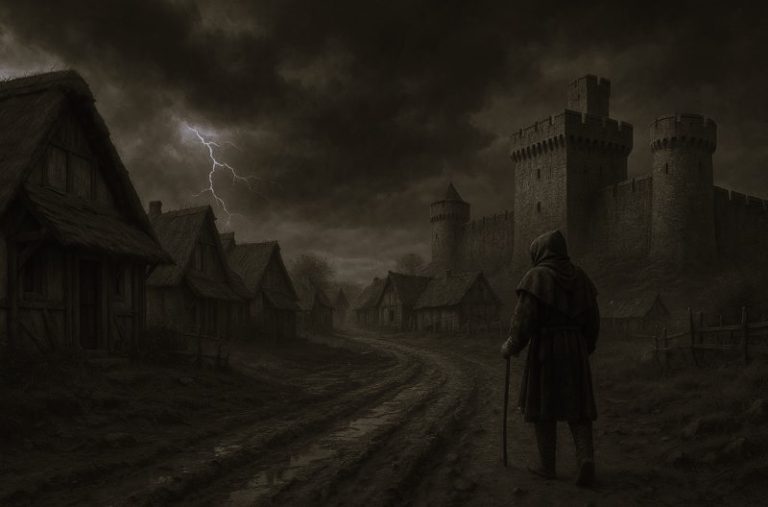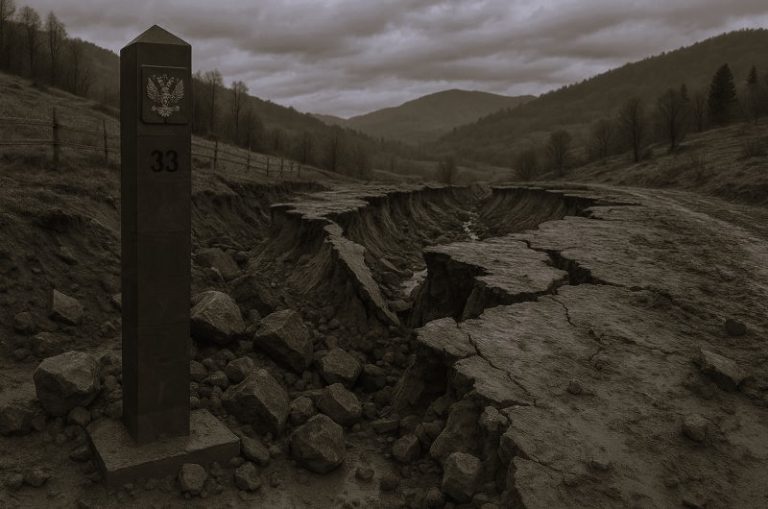
In 1920 the Tatar Autonomous Soviet Socialist Republic was declared.
History

The first settlements in the territory of the Republic of Tatarstan date back to Palaeolithic period (about 100,000 years ago). In the 8th – 9th centuries, the tribes of ancient Bulgars, ancestors of the modern Tatars, began to populate the Volga region . The first state – the Volga-Kama Bulgaria – was set up at the end of the 9th – beginning of the 10th centuries which was the first feudal state in the north-eastern Europe. In 922, Islam was established as a state religion (see Historical Memory of the Tatar Ethnic Group by Flura ZIYATDINOVA and Islam’s Northern Mecca by Jamil MUHAMETSHIN). The Bulgar mosques and medreces (Muslim clerical schools) spread knowledge and culture in the neighbouring regions.
In the 13th century, the territory of the Volga-Kama Bulgaria was annexed to the Empire of Chenghiz-Khan and then became a part of powerful Zolotaya Orda (Golden Hord) State. The collapse of the Golden Hord in the thirties-forties of the 14th century resulted in formation of a number of new states including the Kazan Khanate. Kazan became the capital of the newly formed state. The Kazan Khanate ceased its existence in October 1552, after two-month siege when troops of Ivan 4 (the Terrible), numbering 150,000 people, conquered Kazan.
Kazan further became one of the important industrial and cultural centers of Russia. In 1708, the territory of today’s Tatarstan was part of the huge Kazan province with initial borders reaching Kostroma in the north, Ural in the east, the river Terek in the south, Murom and Penza in the west. Kazan kept the status of a capital of the province for more than 200 years..
A path-breaking step on the way to restoration of statehood of the Tatar people was the declaration of the Tatars Autonomous Soviet Socialist Republic in 1920.
The end of this century brought new possibilities for development of statehood of Tatarstan. On 30th August, 1990, the Declaration of State Sovereignty of the Republic was adopted and signed. In line with the people’s will, the referendum held in March of 1992 and the new Constitution of the Republic of Tatarstan adopted on November 6, 1992 established a new state status of the Republic.
February 15, 1994 the Treaty between the Russian Federation and the Republic of Tatarstan “On Demarcation of the Objects of Management and Mutual Delegation of Powers Between the Bodies of State Power of the Russian Federation and Bodies of State Power of the Republic of Tatarstan” was signed; alongside with the Constitution of the Russian Federation and the Constitution of the Republic of Tatarstan it served as a legal basis of formation of a widely-known Russian-Tatarstan model of interrelations.
The Treaty on Delimitation of Jurisdictional Subjects and Powers between Bodies of Public Authority of the Russian Federation and Bodies of Public Authority of the Republic of Tatarstan, ‘a successor’ of the 1994 Treaty, was signed on June 26, 2007. The 2007 Treaty consolidated the existing status of the republic, recognizing the Constitution of Tatarstan as a basis of the statehood of the republic; the Treaty provides for the requirement for nominees to fill the position of President of Tatarstan to speak two state languages, re-confirms the level of international relations of the republic and necessity to work with compatriots.
Culture

International festivals and exhibition projects, world music premieres and tours of legendary theatres, art laboratories and folk holidays, – here are some features of the Tatarstan cultural life full of striking events and talented people.
Twelve objects of cultural heritage have been restored within the limits of an unprecedented project “Cultural heritage – island-town Sviyazhsk and ancient Bolgar” in 2010-2011. Restoration of cultural objects and development of territories of the Bolgar state historical-architectural museum reserve are underway in the museum area of the ancient town of Bolgar.
The Tatar literature has a thousand-year-old history. One of the early monuments of the Tatar-Bolgar written language, the poem “The story of Yusuf” by Kul Gali, dates back to 1212.Gabdulla Tukai whose works favored development of the whole national literature is called “the Tatar Pushkin”. The year of 2011 was announced the Year of Gabdulla Tukai in Tatarstan and countries – members of the International organization on developing Turkic culture TURKSOI to memorize art heritage of the great poet and in connection with his 125th anniversary. The UNESCO supported this idea. Jubilee events were held in many of Russian cities, Kazakhstan, Kyrgyzstan, Uzbekistan, Turkey and other countries of the near and far abroad.
Names of such prominent writers as Leo Tolstoy, Sergei Aksakov, Maksim Gorky and Vasily Aksenov, poets Evgeny Boratynsky, Gavriil Derzhavin, Marina Tsvetaeva, Nikita Zabolotsky, artists Ivan Shishkin and Nikolai Feshin, poet Musa Jalil, composer Sofia Gubaidulina, musicians Oleg Lundstrem and Mikhail Pletnev are connected with Tatarstan.
The composer Salikh Saidashev is the founder of the Tatar professional music. Distinguished figures of the Russian music culture, graduates of Moscow and St.Petersburg conservatoires who laid the basis for classical music education took part in foundation of the Kazan conservatory in 1945. Such world-known musicians as Sofia Gubaidulina and Oleg Lundstrem are graduates of the Kazan conservatory.
The Tatar drama theatre founded at the beginning of the XX century as an amateur theatre has become a distinctive art phenomenon with its own aesthetics, dramaturgy, actor’s and director’s schools in the middle of the last century. It was the first national theatre to obtain the title of an academic theatre in 1926.
There are fifteen state theatres, the State ensemble of song and dance of the Republic of Tatarstan, the Tatar state philharmonic named after G.Tukai and the State big concert hall named after S.Saidashev functioning in republic.
The following international festivals have become very popular: the opera festival named after F.Shalyapin, the festival of classical ballet named after R.Nuriev, the festival of modern music “Europe-Asia”, the theatre festival of Turkic people “Nauruz”, the Kazan international festival of Muslim cinema, the open republican TV youth festival of variety art “Sozvezdie-Yoldyzlyk”.
Realization of international project “Pearls of the Tatar music” continued in 2011. Concerts of symphonic music were held in Stockholm (Sweden), Jerusalem (Israel), Almaty (Kazakhstan) within the limits of this project.
The State symphonic orchestra of the Republic of Tatarstan is one of the most prominent music bands with All-Russia status. It was the first orchestra in Russia to obtain the status of an autonomous institution supported by the grant of the RT President. Four international music festivals were established in Kazan by initiative of the Art director and Chief conductor of the orchestra Alexandr Sladkovsky: Rakhlin seasons, “White lilac” named after Sergei Rakhmaninov, “Kazan autumn” and the festival of modern music named after Sofia Gubaidulina«СONCORDIA».
Artistic unions successfully work in republic. There are 60 museums in the region. One of them is the Centre “Hermitage-Kazan” opened due to cooperation between the State hermitage and cultural institutions of the Republic of Tatarstan.
There are 1550 libraries functioning now in republic including 4 republican libraries. A single information resource – the portal “National library of the Republic of Tatarstan” http://kitap.tatar.ru is being developed. Electronic versions of documents including so valuable and rare books digitized on the base of the National library are available on this resource.
Religion

Islam and Orthodoxy are main confessions in Tatarstan. The long-term policy of maintaining balance between two leading confessions that is carried out in republic plays an important role in preservation and consolidation of interethnic and interconfessional peace and concord.
A positive tendency is the traditional stable mutual understanding between representatives of Islam and Orthodoxy, their interaction with other traditional confessions such as Judaism, Catholicism and Lutheranism.
Interconfessional cooperation for the benefit of all Tatarstan citizens is developing in different spheres, including socially important projects (prevention of drug addiction, work with socially unprotected groups, rehabilitation of handicapped people).
The annual Address of Tatarstan President to the State Council dated as of September 13, 2012, reads: “Positive state of interethnic and interconfessional relations, the spirit of peaceful interaction and cooperation of various ethnic groups have always been our undoubted achievement.”
According to data given by the Ministry of Justice as of January 1, 2013, there are 1594 religious organisations registered in Tatarstan(1505 as of January 1, 2012), including: Russian Orthodox Church – 305, True Orthodox Church – 2, Old Believers – 5, Roman Catholic Church – 2, Armenian Apostolic Church -1, Islam – 1193, Buddhism – 1, Orthodox Judaism – 3, Baptists – 6, Christians of Evangelical Faith – 5, Evangelicals – 26, Pentecostals – 17, Seventh Day Adventists – 10, Lutherans – 5, Reformed Church – 1, New Apostolic Church – 1, Jehovah’s Witnesses – 5, Church of Jesus Christ of Latter-day Saints – 1, Church of the Last Testament – 1, Krishna Consciousness – 2, Bahaism – 1, other – 1.
Reconstruction of temples that were handed over to religious organisations for use and property is an obvious expression of religious revival. 1763 religious buildings and prayer houses, including 1382 mosques, 320 churches, and 61 prayer houses of other confessions are functioning.
By the number of registered religious communities Tatarstan is among leading regions in Russia. Lately, the number of religious organisations has become stable, with a small increase of communities mainly representing Islam and Orthodoxy.
The activity of two main religious organisations – Muslim Spiritual Board of the Republic of Tatarstan and Kazan eparchy of Russian Orthodox Church (Tatarstan metropolitanate) is carried out throughout republic. 9 monasteries, 1 seminary work under Kazan eparchy, 10 Muslim educational institutions including Russian Islamic Institute – under Muslim Spiritual Board of the Republic of Tatarstan.
The Law of the Republic of Tatarstan “On Freedom of Consciousness and religious associations” became effective on August 28, 1999. It presupposes special features of multiethnic republic, defines peculiarities of legal regime of the separation of Church and State, positions of the state in regulation of religious relations, sets scopes of recognized and protected freedom of consciousness and religion. The law aims to reach mutual understanding, tolerance and respect in terms of freedom of consciousness and religion.
Amendments to the Law “On Freedom of Consciousness and religious associations” aimed to protect human rights and freedoms, prevention of religious extremism, assistance to consolidation of interconfessional concord were approved at a special session of Tatarstan State Council on August 3, 2012.
In accordance with changes, foreign citizens cannot act as founders of a local religious organisation. From now on, only Russian citizens have such a right. Candidates willing to become members of the clergy must have a diploma about religious education. Religious organisations registered in Russia will decide whether to accept it or not.
Interaction between Tatarstan President, executive authorities and religious organisations of main confessions has expanded. Meetings with religious leaders to discuss urgent problems, such as construction and reconstruction of religious buildings, religious and moral education are held on a regular basis.
Tatarstan President Rustam Minnikhanov takes part in important Muslim events – All-Russia forum of religious Tatar figures “National identity and religion”, “Izge Bolgar Zhyeny”, festival of bell ringing “Alekseevsky bell ringing”, visits religious educational institutions.
By initiative of Tatarstan State Counselor Mintimer Shaimiev, a major project “Cultural heritage – the island town of Sviyazhsk and ancient Bolgar 2010-2015” is being implemented. Construction and reconstruction of religious objects, which are Russia’s attractions, are carried out under the project.
Originally published by Official Tatarstan under the terms of a Creative Commons Attribution 4.0 International license.







